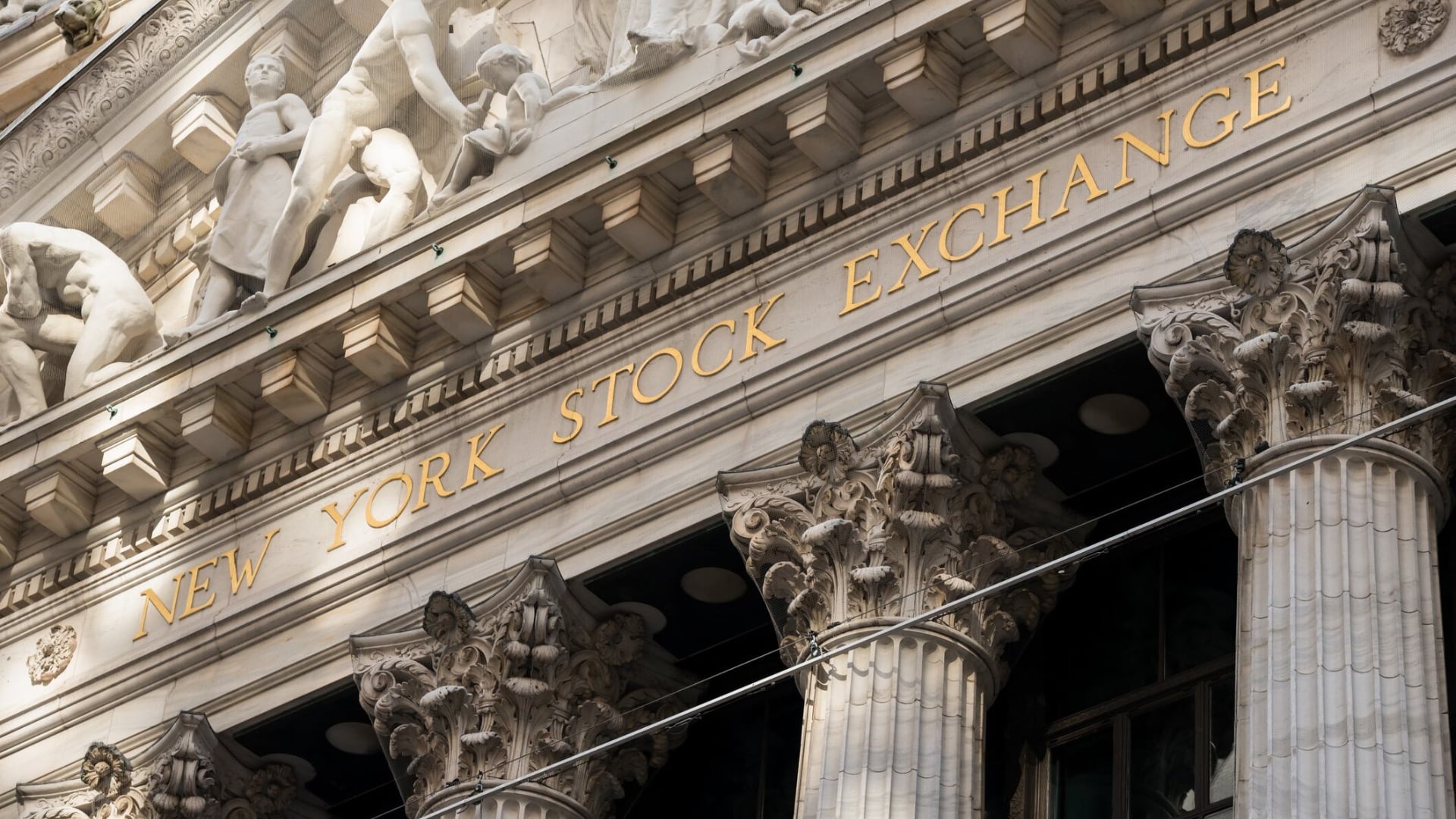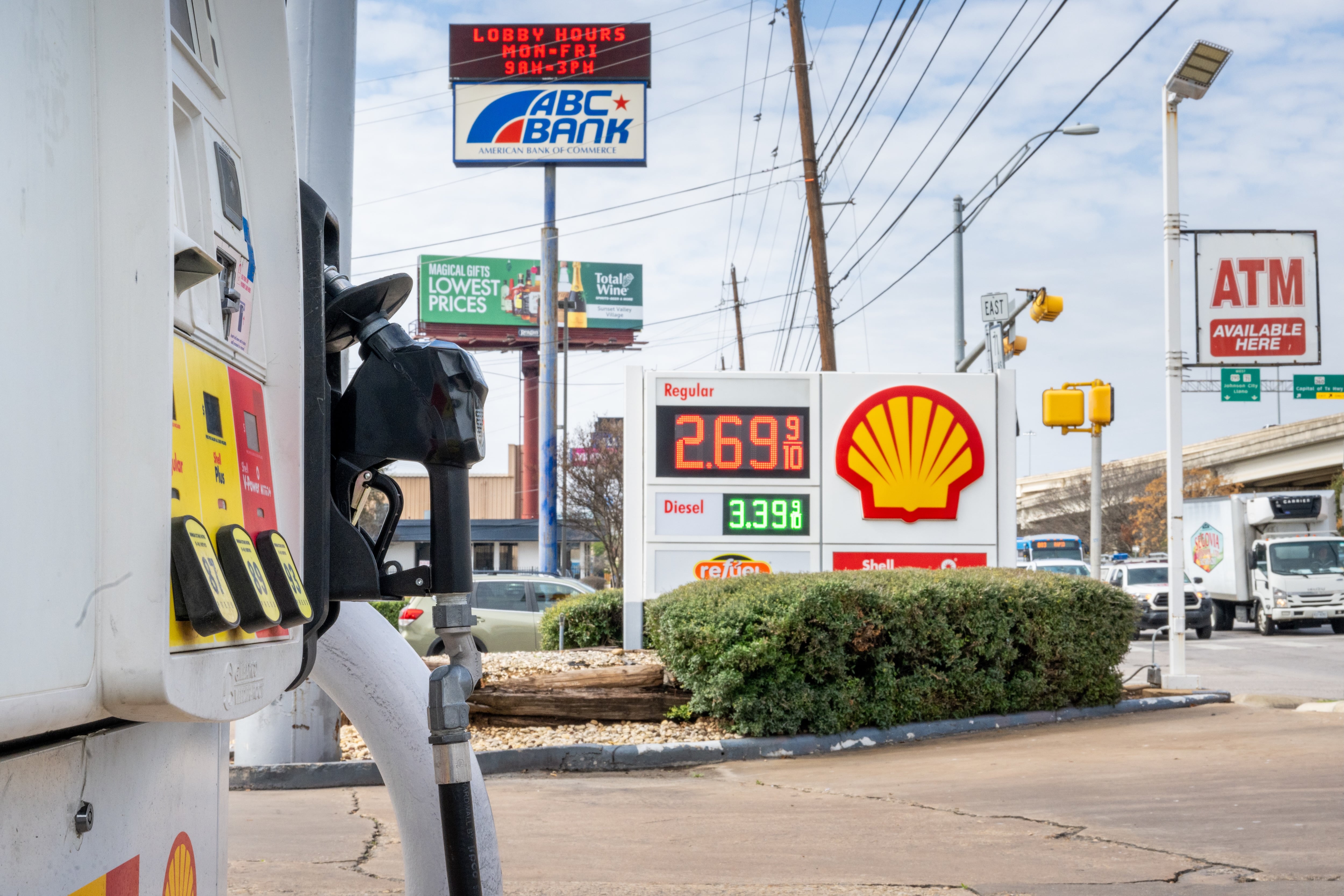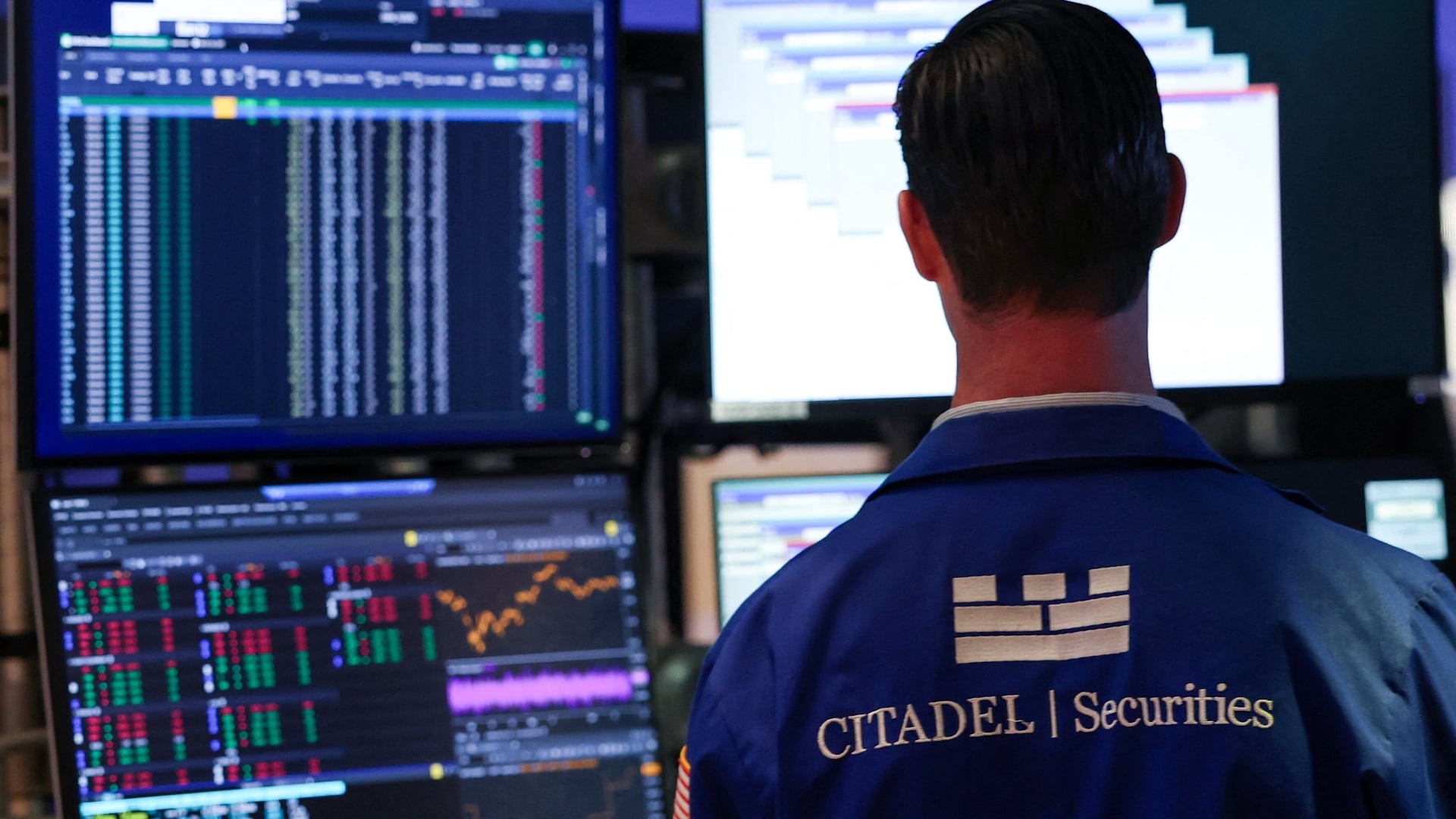*By Tanaya Macheel* MoneyLion, a consumer lending and savings app, has hired an Ogilvy vet to ramp up its marketing efforts as it makes a push into consumer banking. Bill Davaris, a former creative director at Ogilvy who launched advertising campaigns for companies like American Express, IBM, Coca-Cola and Vodafone, quietly joined MoneyLion — a strikingly younger, smaller brand — in June as chief marketing officer to tell the company’s story and build its brand. “What we do functionally is huge emotionally, it really could change a hardworking American’s life instantly,” Davaris told Cheddar in an exclusive interview Wednesday on set at the New York Stock Exchange. “The first thing we have to do is address the pain we’re removing.” Some 68 percent of Americans have less than $2,000 in their bank accounts, he said, while 13 percent own 90 percent of the country’s assets. MoneyLion is an online consumer lending and savings app aimed at the middle class with more than three million registered users to date. In April it revealed plans to offer checking accounts through “memberships” that come with a $29 monthly fee and access to investment products, loans with 5.99% annual percentage rates, and $1-a-day reward just for logging into the mobile app. “We sit here in the capital of capitalism,” Davaris said. "It may look good on the tickers, but when we look at \[people’s\] bank accounts, we know there’s pain, and there’s a feeling of being stuck and not being able to create progress." Fintechs often say that because they’re built on new technology — unlike “traditional” financial firms whose outdated tech may compromise the customer experience — the customer experience *they* offer sells itself, allowing them to focus on product first and marketing second. Wealthfront, for example, [frequently boasts](https://medium.com/work-ing-at-wealthfront/the-unique-economics-of-wealthfront-9761fab8da7a) “cost-free growth” that “doesn’t require any marketing effort or expense.” But MoneyLion CEO Dee Choubey said his company is departing from that “Silicon Valley strategy.” A decade on from the financial crisis, fintech start-ups founded on the anti-bank sentiment created by the crash are now competing with those very banks, which have learned from their younger rivals and are now racing to improve their own digital experiences. Just this week, Chase launched [You Invest](https://cheddar.com/videos/jpmorgan-to-unveil-new-investing-app), the bank’s response to the popular stock-trading app Robinhood. And increasingly, fintechs are competing against payments companies (like Venmo and Square’s Cash, which now act like checking accounts), other fintech companies (like SoFi and Stash, which offer checking accounts), as well as deposit-taking retailers like Starbucks and Amazon. Needless to say, people have plenty of options for where to store their money, and MoneyLion is serious about being front and center on potential new customers’ radars. “To get a guy that’s worked on AmEx, Coca-Cola and built brands that have touched hundreds of millions of people… take the product-market fit we have, and amplify it to tens of millions of people is really what attracted us from a chemistry perspective to Bill’s vision,” Choubey said. He wants to build MoneyLion into something people look at daily. MoneyLion has raised more than $67 million in equity funding since its inception in 2013, including a $42 million Series B round this January led by Princeton, N.J.-based Edison Partners. For full interview [click here](https://cheddar.com/videos/moneylion-taps-ogilvy-exec-as-new-cmo).












